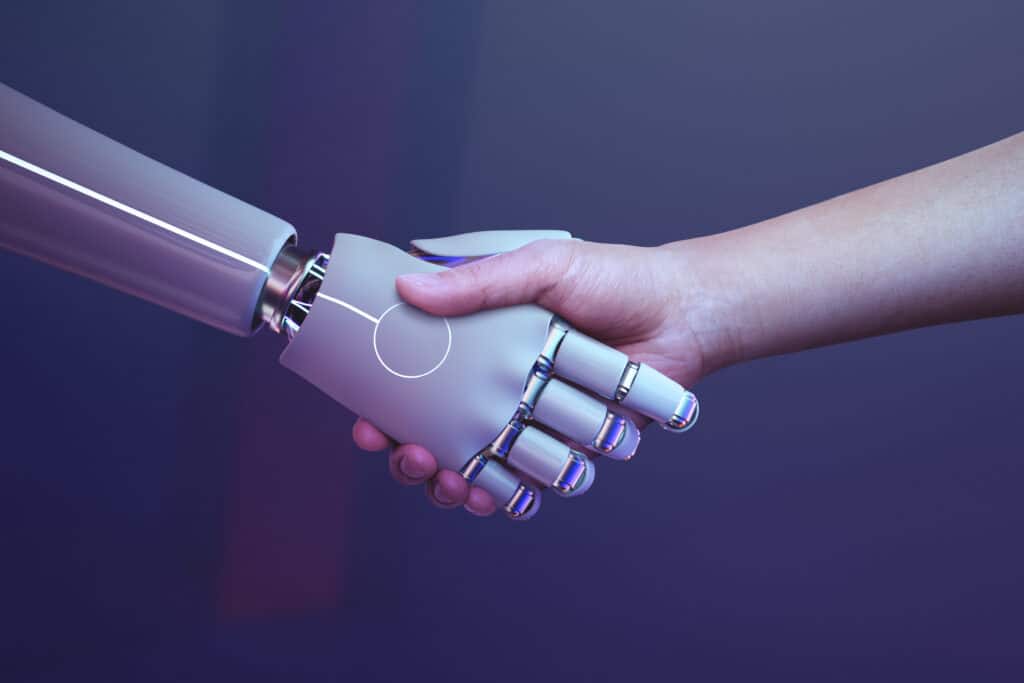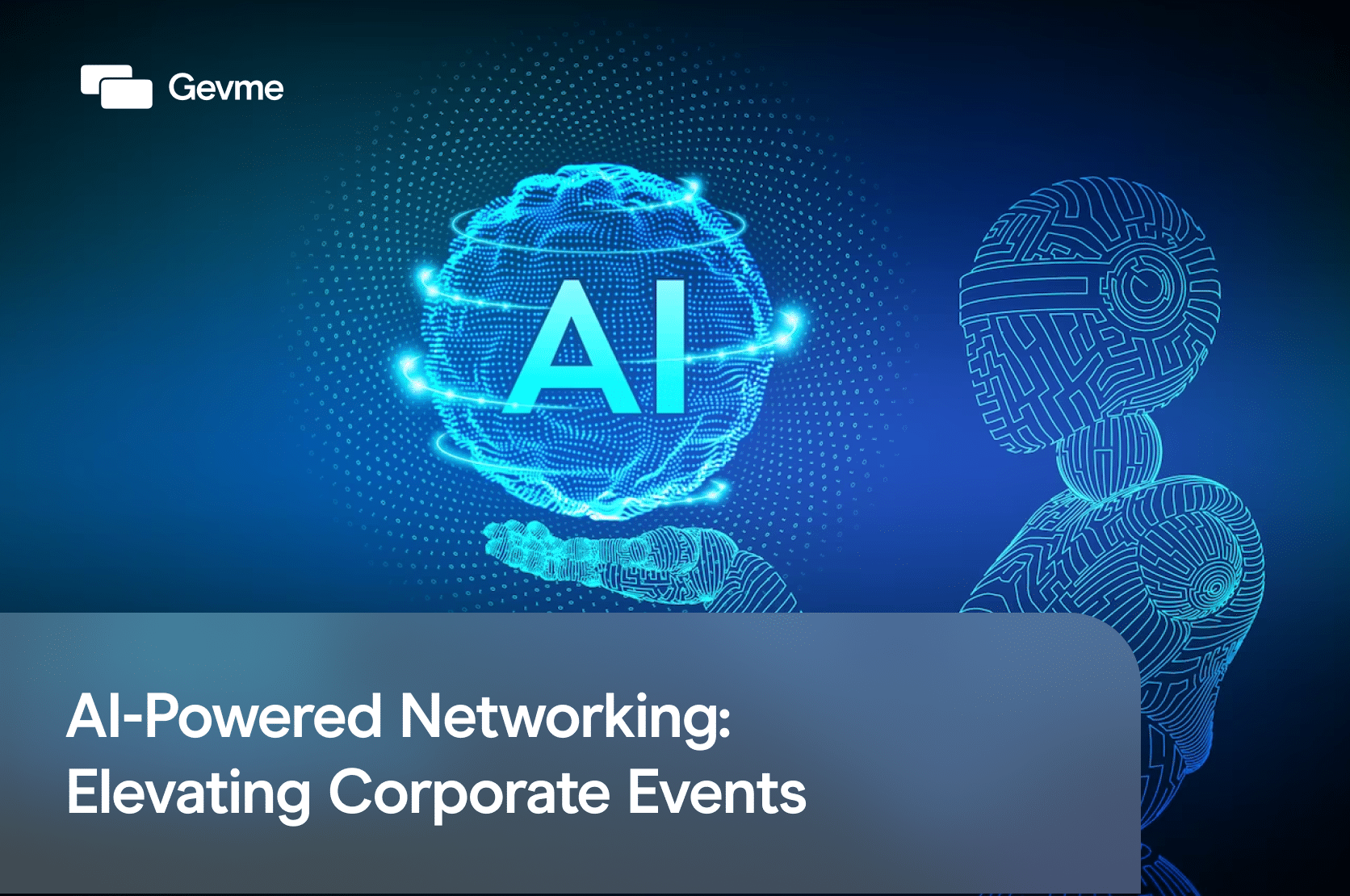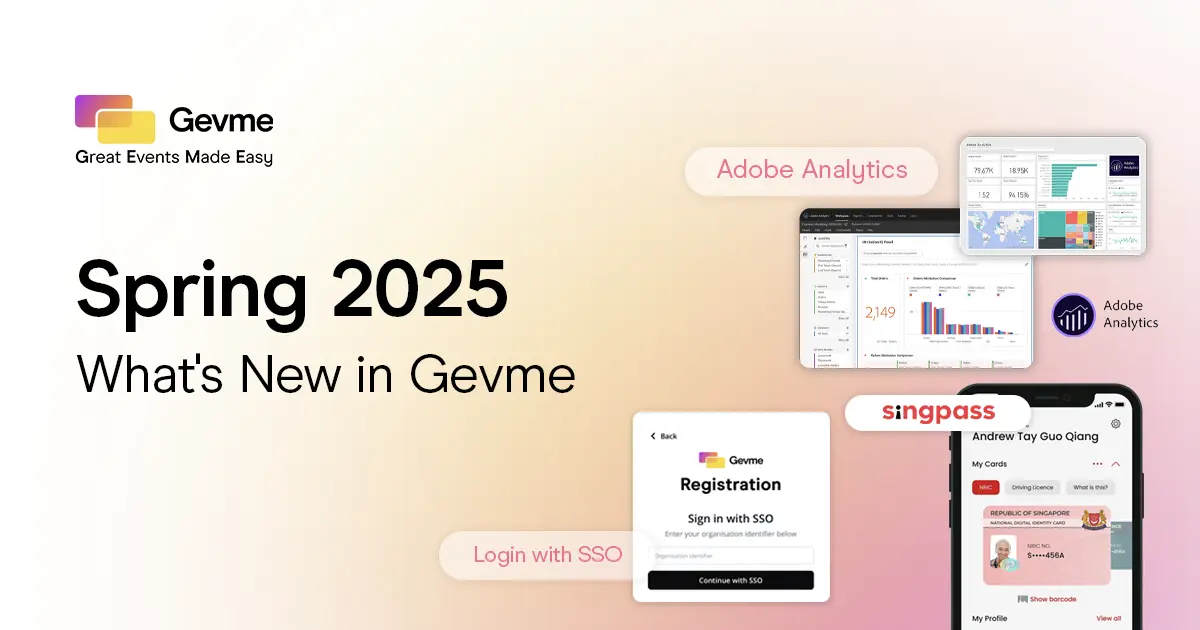Understanding Corporate Events
Corporate events play a vital role in the business world, serving as a platform for organizations to communicate, collaborate, and build relationships with various stakeholders. These corporate events encompass a wide range of gatherings, including conferences, seminars, product launches, trade shows, and employee appreciation events. Understanding the nature and importance of corporate events is crucial for organizations aiming to create impactful experiences and achieve their strategic objectives.
Corporate events serve as powerful tools for communication and networking. They provide opportunities for businesses to showcase their products, services, and ideas to a targeted audience. By bringing together industry professionals, potential clients, investors, and partners under one roof, corporate events facilitate networking and relationship-building, leading to potential collaborations and business opportunities.
Conferences and seminars feature expert speakers and thought leaders who share insights, industry trends, and best practices. Attendees gain valuable knowledge, stay abreast of the latest advancements, and enhance their skills, ultimately contributing to individual and organizational growth.
Another key importance of corporate events is their role in brand building and reputation management. Corporate events provide a platform for organizations to showcase their values, mission, and corporate culture. Well-executed corporate events create positive brand experiences, leaving a lasting impression on attendees and enhancing brand loyalty and recognition.

How AI Transforms Traditional Networking Approaches
Artificial Intelligence (AI) has become a driving force of transformation in numerous industries, revolutionizing the way business is conducted. In the realm of corporate events, networking has traditionally relied on manual efforts to establish connections and foster relationships. However, the emergence of AI technologies has ushered in a new era of networking, significantly altering the approaches and methods employed.
With AI, networking in corporate events has been empowered by advanced algorithms and data analysis capabilities. Intelligent networking platforms and applications harness the potential of AI to enhance and streamline the networking experience. These platforms leverage machine learning algorithms to analyze vast amounts of data, including attendee profiles, interests, and professional backgrounds, to facilitate meaningful connections.
By employing AI, event organizers can create matchmaking algorithms that pair attendees based on their shared interests, industry sectors, or complementary skill sets. This automated approach saves time and eliminates the need for manual matchmaking, allowing participants to quickly connect with like-minded individuals who are most relevant to their goals and objectives.

Intelligent Matchmaking
Today’s technological advancements have allowed even novices to easily harness AI to their convenience. With the use of AI algorithms, corporate event organizers are provided with clear and comprehensive data which can be analyzed to determine attendee profiles, interests, and preferences without lifting a finger. This assists them in facilitating more accurate and relevant connections between participants, maximizing networking opportunities between their event attendees.
How does AI-driven attendee profiling work? By leveraging AI algorithms and machine learning, event organizers can collect and process vast amounts of data from various sources, such as registration forms, social media, past event interactions, and more. This data is then used to build comprehensive profiles that provide valuable insights into attendee preferences, interests, behaviour patterns, and demographics. This tool allows organizers to access attendee data beyond basic demographic information and delve into individual preferences, such that they can understand their audience on a deeper level. It enables them to identify key trends, segment the audience into specific groups, and tailor corporate event experiences to meet the unique needs and interests of different attendee segments.
Thus, this unlocks valuable insights that inform the organizers of conscious decision-making tips and improvements they can make to their event programming. It allows them to create more targeted marketing campaigns, deliver relevant content, and curate networking opportunities that align with attendees’ preferences and goals. AI-driven attendee profiling can help deliver personalized experiences such as through the provision of intelligent suggestions for potential networking marches, ensuring attendees connect with the most relevant individuals based on their objectives and areas of interest. This maximizes the value and impact of events.
Enhanced Engagement and Interactions
Virtual corporate events have used various platforms to create immersive online environments where attendees can participate in real-time discussions, exchange contact information, and even schedule one-on-one meetings. By incorporating features such as video chat, instant messaging, and virtual business card exchanges, AI-powered virtual platforms simulate the networking experience of physical events, fostering connections and collaborations among attendees. Taking such connections online not only better facilitates them with greater convenience, but also expands their accessibility beyond the conventional physical business card. For example, Gevme’s Metacard offers a comprehensive and modern platform for users to make the most of their networking experience.
Another exciting application of AI in corporate events is the use of smart conversation assistants in the form of AI chatbots. These chatbots serve as virtual assistants, available 24/7 to provide event-related information and support to attendees. Through natural language processing capabilities, AI chatbots can understand and respond to attendees’ queries, guiding them through the event schedule, providing session details, and offering personalized recommendations. By automating these interactions, AI chatbots streamline the corporate event experience, ensuring attendees have quick access to information and assistance, ultimately enhancing their overall satisfaction.
The integration of AI-powered virtual platforms and smart conversation assistants in corporate events significantly enhances the networking and attendee experience. These technologies facilitate seamless communication and efficiently foster connections between participants. By leveraging AI, event organizers can create engaging and interactive environments that break down barriers and enable meaningful interactions among attendees, even in virtual settings. The use of AI in corporate events is transforming traditional networking approaches, making them more efficient, convenient, and inclusive, ultimately driving the success of the event and maximizing attendee engagement.
Data-driven Insights and Personalization
AI-powered platforms can deliver personalized event recommendations to attendees. By analyzing attendee profiles, interests, and past event data, AI algorithms can suggest relevant sessions, workshops, and networking opportunities that align with attendees’ preferences. This level of personalization enhances attendee engagement and satisfaction, as they receive content and experiences that are more tailored to their needs and interests. Today, personalized content is a more than trendy event solution that a growing number of businesses are using to promote and enhance their services. It establishes a caring and considerate impression of an event in the eyes of an attendee and overall creates a platform for more meaningful connections to be formed.
Furthermore, AI can provide session suggestions based on attendee preferences, allowing them to discover sessions that they might have otherwise missed. By curating personalized agendas, attendees can make the most out of their corporate event experience and ensure they attend sessions that align with their professional goals and interests. AI-powered platforms can deliver targeted content to attendees, such as pre-event resources, speaker profiles, and post-event follow-ups. This personalized content delivery keeps attendees informed and engaged throughout the event lifecycle, enhancing their overall experience.
AI is transforming traditional networking approaches, bringing efficiency, personalization, and intelligence to the process. Through AI-powered lead generation, professionals can identify potential prospects more accurately and save valuable time. Personalized interactions and recommendations based on AI algorithms create more engaging and relevant networking experiences. Furthermore, AI provides valuable insights for relationship management, enabling professionals to nurture connections effectively. As AI continues to evolve, the networking landscape will witness further advancements, empowering professionals to build strong and meaningful relationships with greater efficiency and effectiveness.
Improved Efficiency
AI-driven networking tools and automation significantly enhance efficiency in various networking tasks. Traditional networking approaches often involve time-consuming manual processes, such as data entry, contact management, and follow-ups. However, AI streamlines these tasks, saving professionals valuable time and effort.
AI-powered automation can handle routine administrative tasks, such as sending follow-up emails, scheduling meetings, and updating contact information. This automation eliminates repetitive manual work, allowing professionals to focus on building relationships and engaging with their network.
Moreover, AI algorithms can analyze and organize large volumes of data more quickly and accurately than humans. Networking platforms equipped with AI capabilities can efficiently process and categorize information, making it easily accessible for professionals. For example, AI-powered contact management systems can automatically update and enrich contact details by mining publicly available information from online sources.
This increased efficiency translates into professionals being able to accomplish more in less time, allowing them to expand their network, build relationships, and seize opportunities more effectively.
Integration of AI – How Can You Begin?

Event organizers that are unfamiliar with the more complex jargon and workings of AI-powered event solutions may not know where to begin. First of all, organizers can identify areas for AI integration: By assessing different aspects of event management where AI can bring value, such as attendee profiling, registration and ticketing, networking et cetera, organizers can then better determine which areas are most relevant to their specific event goals and objectives. Other areas in which AI can be integrated include content personalization, data analytics, and event feedback analysis.
Next, organizers can research AI solutions: Explore the market for AI-powered event management software and platforms for corporate events. Look for providers that offer features aligned with their identified areas of focus. Read reviews, compare features, and consider factors like ease of use, scalability, and integration capabilities.
Alongside the implementation of AI solutions, organizers should ensure that they clearly define their objectives and metrics to measure success. For example, if your goal is to enhance attendee engagement, metrics could include session attendance rates, networking interactions, or post-event feedback ratings. These metrics help to better guide the process of using new technologies to bettering event management skills. Organizers have to ensure a constant assessment of existing data infrastructure and consider whether they have the necessary tools and systems to capture and process data effectively. By working towards the specific data needed to collect and analyze to achieve your objectives, the process of achieving a more personalised networking experience is streamlined.
Some other ways of including AI in event solutions are partnering with AI vendors or event technology platforms that specialize in AI. They can provide expertise, guidance, and technical support throughout the integration process. Collaborating closely with them can assist organizers in ensuring a smoother implementation and a better understanding of how to efficiently customize AI solutions to meet specific requirements.
Ethical Considerations and Data Privacy
Despite the numerous benefits and transformative power of AI in networking, it is crucial to address the potential risks associated with data privacy and security. While AI facilitates seamless communication and data processing, it also has the potential to expose confidential and sensitive information if not properly managed. Protecting attendee data and ensuring compliance with data protection regulations are paramount when incorporating AI into event management processes.
Event organizers must prioritize data privacy and security by implementing robust security measures, encryption protocols, and access controls. It is vital to ensure that attendee data is handled and stored securely, minimizing the risk of unauthorized access or data breaches. By adopting best practices in data protection, event organizers can foster trust among attendees and maintain the integrity of their personal information.
Transparency and proper consent are essential aspects of ethical AI use. Event organizers must communicate how AI will be utilized in networking processes and obtain consent from attendees regarding the collection, storage, and processing of their data. This transparency fosters trust and allows attendees to make informed decisions about their participation in AI-powered networking activities.
While AI brings significant advantages to networking in corporate events, it is crucial to address data privacy and security concerns. By prioritizing data protection, transparency, and proper consent, event organizers can ensure the ethical use of AI and create a safe and secure environment for attendees.
AI has brought about a profound transformation in the realm of networking at corporate events. AI-powered networking platforms and applications have streamlined the process, enabling participants to make meaningful connections, receive personalized recommendations, and gain valuable insights into their networking efforts.
As AI continues to evolve, the future of networking in corporate events holds even greater potential for enhanced engagement, collaboration, and relationship-building.








